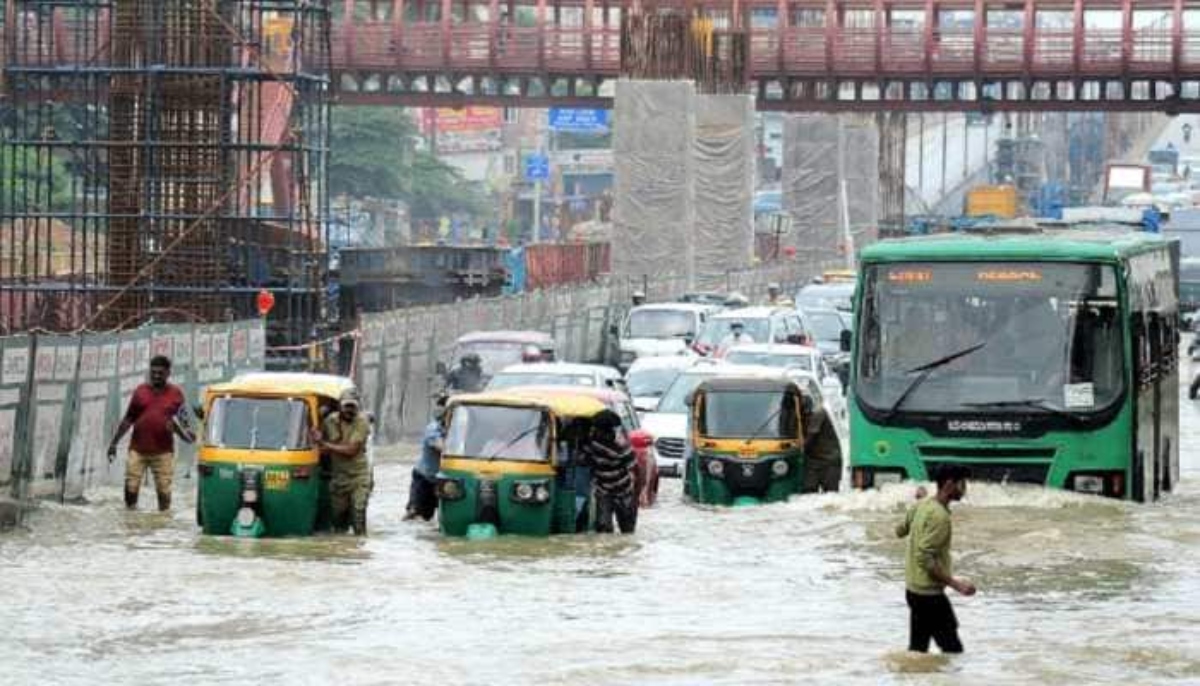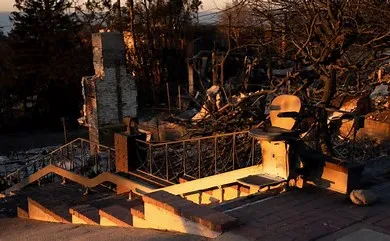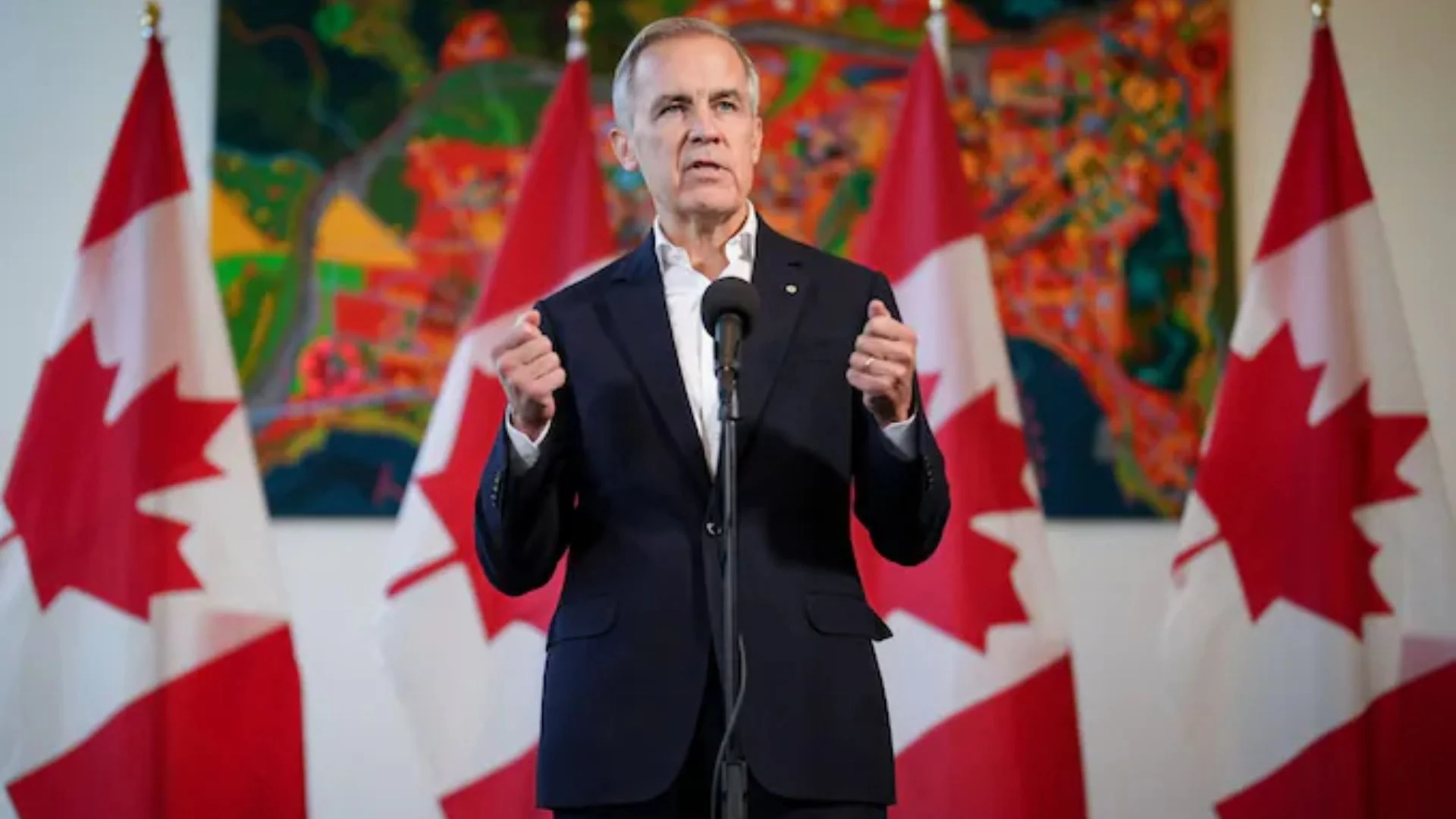What’s causing all this flooding? And why are the roads crumbling so badly? And if there’s so much water, how come I am not getting a regular supply at home? We’ve gone round and round the block with these questions, and the only thing that seems to change is that the situation is more alarming each time we ask them. But why?
There are techno-managerial answers. The drains are badly designed—didn’t anyone teach these engineers that water flows better in cylinders than in rectangular drains? Pavements of roads are poorly laid-doesn’t the government know that if you keep adding layers of tar to roads, they’ll eventually become so high that they’ll become mini-dams blocking surface flows of water? Can we really keep pumping water with tens of thousands of borewells without any idea of how much we’re extracting and when we’ll run out of it?
The list of such questions is quite long. And if we’re not careful, we could easily get caught up in answering these questions instead of what we really need to be looking at. The core issue has always been the same—the political economy of the city is in conflict with the real economy, and this is playing havoc with people’s lives.
We want houses, schools, clinics, gardens, and so on. Over the years, different governments have repeatedly created shortages of these and mediocrity in the little that they did deliver. The result is that people now look to find these things in the private sector, at rapidly rising costs.
And along the way, we’ve accepted a lot of corruption. If we can find a low-rent house that has been constructed legally but the alternative is a high-rent option that is in short supply, which one would we choose? If the shops we go to have encroached on the pavement, will we go elsewhere? Especially if we know that the owner of the illegal building and the shopkeeper who’s gobbled up the public space are both paying off those who should be stopping them?
It’s not a sin to make these choices, but it’s important to recognise that these have been thrust on us wilfully. And our participation is feeding the beast that is devouring us.
Dr Ashwin Mahesh is an urbanist who’s been part of many civil society initiatives and innovations in Bengaluru.























